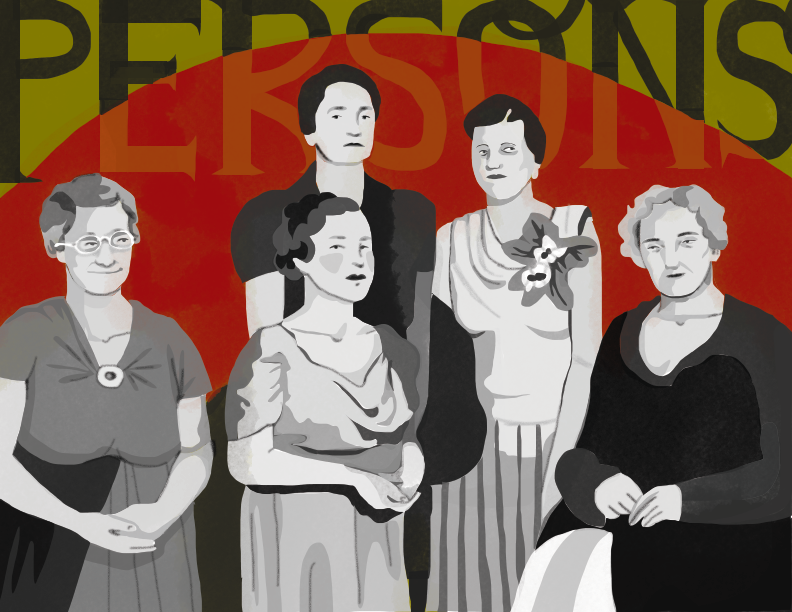Content warning: Sexual assault
What started as Women’s History Day on March 19, 1911 eventually became Women’s History Month, an international worldwide celebration in March. Today, Women’s History Month prompts us to commemorate the powerful women who have shaped the world and advocated for gender equality.
Though two lengthy world wars saw women increasingly working outside the home in roles previously filled by men, social and political change was largely pushed to the back burner. Nevertheless, women advocated for their labour to be recognized and for more employment opportunities. During the first celebrations in 1911, over one million people worldwide marched for social reform on March 19. There was a growing consciousness that women should not be confined to the domestic sphere and should have access to the professional world outside the home.
The United Nations has sponsored International Women’s Day since 1975 to spotlight the fight for women’s equality. In 1978, a California school district dedicated a week to educating students about women’s contributions to culture, history, and society. U.S. President Jimmy Carter made Women’s History Week official in 1980, and Congress did the same a year later. Six years later, in 1987, a National Women’s History Project petition successfully extended the celebration to one full month.
Although the Canadian government officially recognizes Women’s History Month in October, many Canadians still celebrate women who have made an impact in March. There have been many notable Canadian women throughout history, such as the Famous Five, who advocated for women’s political rights in the 1920s when the Canadian government did not legally recognize women as people. Feminist activists have shaped the Canadian social landscape and paved the way for better legal rights and professional opportunities for women. However, figures like the Famous Five also leave behind a fraught legacy of racism, eugenics, and anti-immigration. In celebrating their achievements, it is crucial to recognize that their advocacy did not include all women.
Marie-Lynn Mansour, U3 Engineering and McGill Women in Tech’s vice-president (VP) external, and Safiya Rizwan, U2 Science and VP communication, emphasize the importance honouring the women who have fought for gender equality.
“We cherish Women’s History Month as it is a time to honour and recognize the past, [to] acknowledge accomplishments made [in] the present, and [to] work towards improving the future,” Mansour and Rizwan wrote in an email to The McGill Tribune. “We believe there is no better way to learn than from understanding the history of the struggles women have endured as well as their triumphs. [… In addition,] we believe Women’s History Month is also a time to inspire younger women to become passionate about their rights.”
In celebrating Women’s History Month, it is crucial to interrogate the figures we celebrate and recognize that meaningful feminism must be intersectional. There are many women from marginalized backgrounds who have not always enjoyed the same rights as white women or seen their advocacy recognized––a trend which continues today. Among them is Mary Ann Shadd Cary, who helped other African Americans make their way to Canada in the early 19th century, and founded a weekly publication to assist other escaped and formerly enslaved people. In addition, Edith Anderson Monture, a Mohawk WWI veteran, was the first Indigenous woman to gain the right to vote in a Canadian federal election and the first to become a registered nurse during the war.
Lea Lepik, U4 Arts and co-president of McGill Women in Leadership, believes that it is particularly important for McGill students to recognize current and past gender inequalities within the university’s community this month. In particular, Lepik noted the crucial context of recent sexual assault allegations on college campuses.
“The fight against patriarchy (among other sources of oppression) is far from over, as is evidenced by the tragic events of last semester in which a string of sexual assaults on campus came to light,” Lepik wrote in an email to The McGill Tribune. “Having experienced on-campus violence myself, this hit close to home as I could, unfortunately, relate to the brave women who came forward. I stand by them and hope they are able to get justice and some peace.”









